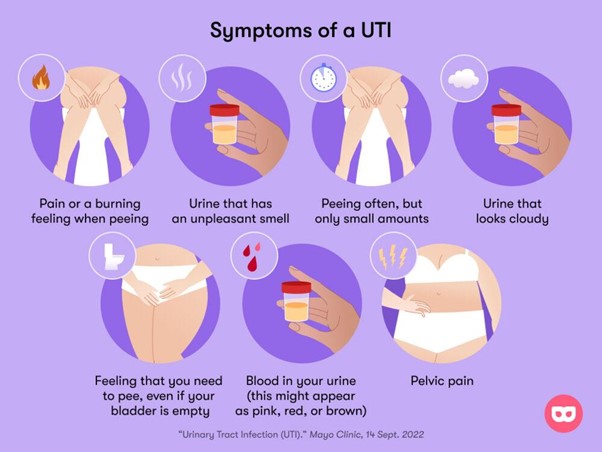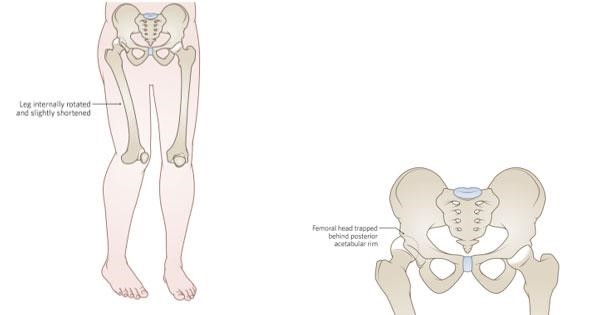The nurse is caring for an 84-year-old female client who was brought to the emergency room by her daughter, who related that her mother has had very recent mental status changes and periods of incontinence. What condition should the nurse first suspect?
Urinary tract infection
Acute kidney failure
Septic shock
Urinary stasis
The Correct Answer is A
A. Urinary tract infection
The symptoms described, including recent mental status changes and periods of incontinence, are suggestive of a urinary tract infection (UTI) in an elderly individual. UTIs are common among older adults and can cause a variety of symptoms, including confusion, which is often the primary manifestation in the elderly population. Other symptoms can include urinary urgency, frequency, and incontinence.
B. Acute kidney failure - While acute kidney failure can cause changes in urination and mental status, it is less likely to be the primary cause of these symptoms in this scenario. UTI is a more common and immediate concern given the symptoms described.
C. Septic shock - Septic shock is a severe condition that occurs when an infection leads to a life-threatening drop in blood pressure. While septic shock can cause altered mental status, it is a critical condition that often presents with more dramatic symptoms and requires immediate intensive care management. The symptoms described are more suggestive of a UTI.
D. Urinary stasis - Urinary stasis refers to the slowing or cessation of urine flow. While urinary stasis can contribute to the development of UTIs, it is not a condition that would cause sudden and acute mental status changes and incontinence on its own. UTI is a more likely cause of the symptoms described.

Nursing Test Bank
Naxlex Comprehensive Predictor Exams
Related Questions
Correct Answer is A
Explanation
A. Right hip dislocation: In a hip dislocation, the head of the femur is forced out of the acetabulum, which is the socket in the pelvis. This can cause a noticeably shorter leg, hip deformity, and acute pain. Imaging might not show a fracture in the case of a dislocation.
B. Right hip contusion: A hip contusion is a bruise on the hip, usually caused by a direct blow or trauma. While it can cause pain and swelling, it typically does not result in a noticeably shorter leg or hip deformity.
C. Right hip strain: Hip strain refers to damage to the muscles or tendons around the hip joint due to overuse or sudden twisting movements. While it can cause pain, it does not typically lead to a noticeable leg shortening or hip deformity.
D. Right hip osteoarthritis: Osteoarthritis is a degenerative joint disease that can affect the hip joint. It leads to joint pain and stiffness but does not usually cause a noticeable leg shortening or acute deformity unless there are severe complications, which are not mentioned in the scenario.

Correct Answer is B
Explanation
A. There is no need for the client to lie flat for an extended period after a DEXA scan. The procedure is non-invasive and does not require immobilization.
B. Emptying the bladder before the test is essential to ensure a clear and accurate scan of the pelvis and lower spine. A full bladder might obstruct the view and affect the accuracy of the results.
C. DEXA scans do not typically require the use of IV dye. It is a simple X-ray procedure that measures bone density, and no contrast material is usually needed.
D. Fasting is not necessary for a DEXA scan. The procedure does not involve ingesting or injecting any substances that require fasting.
Whether you are a student looking to ace your exams or a practicing nurse seeking to enhance your expertise , our nursing education contents will empower you with the confidence and competence to make a difference in the lives of patients and become a respected leader in the healthcare field.
Visit Naxlex, invest in your future and unlock endless possibilities with our unparalleled nursing education contents today
Report Wrong Answer on the Current Question
Do you disagree with the answer? If yes, what is your expected answer? Explain.
Kindly be descriptive with the issue you are facing.
